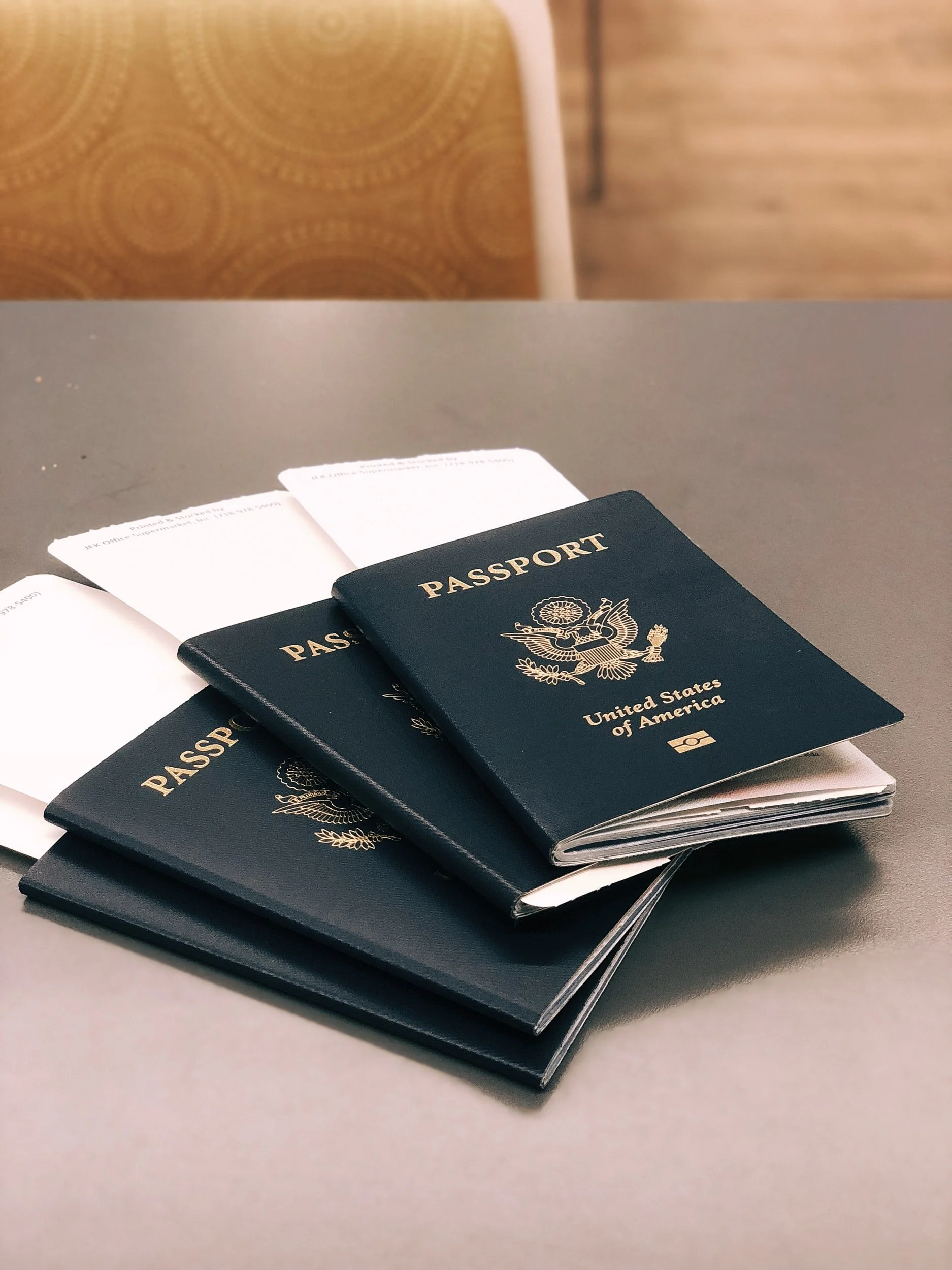Hoda Muthana, a woman who willingly became an ISIS bride, is not likely to inspire much sympathy in the US. The State Department asserted that Hoda was not a citizen, despite that she was born in the United States and that the State Department had previously recognized her as a citizen. As non-citizens, neither Hoda nor her son Adam had the right to return to the US; they remain in a Syrian detention camp with other former ISIS brides and their children. Few American citizens will shed tears over an ISIS bride losing her citizenship. However, it should disturb all of us how easily – and how quickly – it happened.
The Little-Known Business Case to Extend DACA
Although undocumented immigrants are often regarded as the sole victims of the uncertainty of U.S. immigration law reform, corporations have also been adversely affected. One of the focal points of this conflict over immigration is the presidential directive, DACA (Deferred Action for Childhood Arrivals). DACA is a discretionary grant of stay and work authorization by the federal government to undocumented immigrants, who were brought to the United States illegally as children. Signed into law as an executive order by President Obama, DACA has now been in place for the past seven years. Although there has been a growing sentiment across the United States to revoke DACA, many corporations actually favor continuing the program. Despite the lack of media attention to the corporate proponents, a coalition of some of the largest corporations in the United States has formed to lobby for the continued success and improvement of the program.



